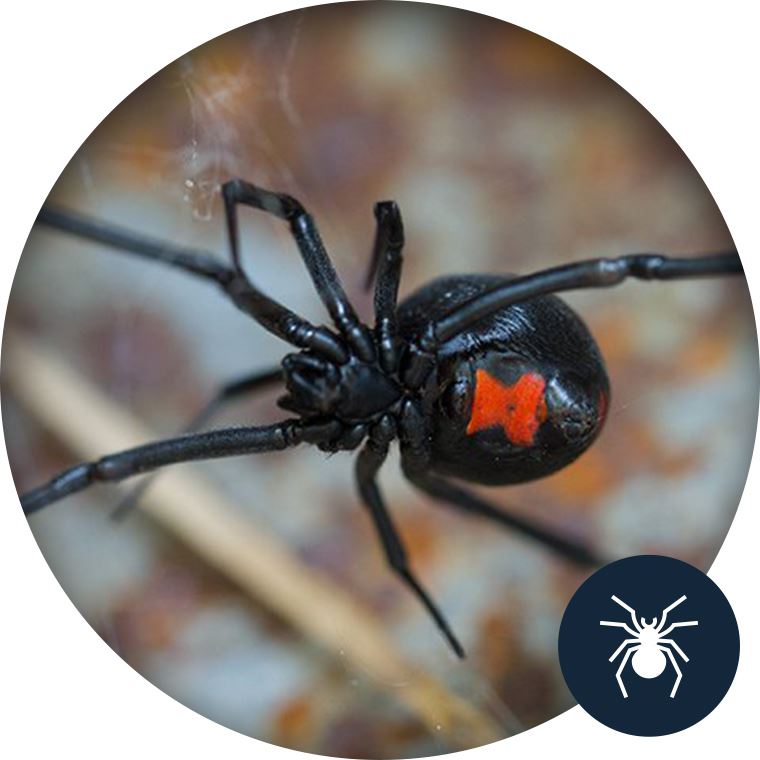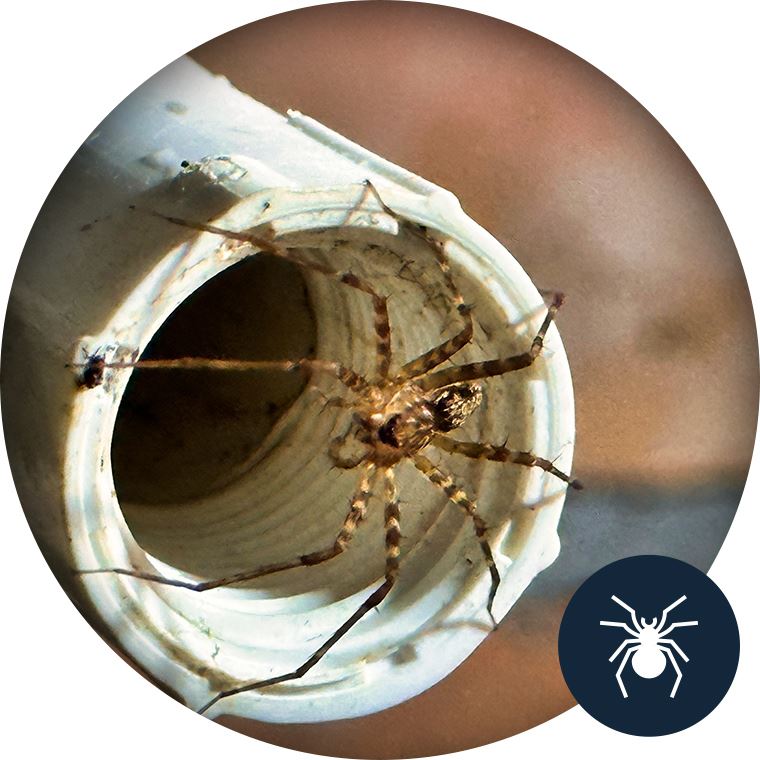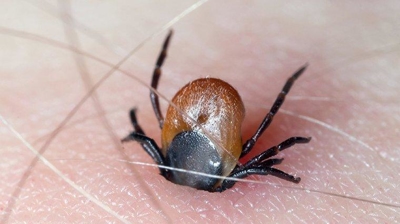
Spider Identification Guide Across the Midwest and East Coast
What Are Spiders?
Spiders are predators and so feed on other living things. Some of their favorite things to eat include flies, mosquitoes, and garden pests. People tend to have a love/hate relationship with spiders; we love that they feed on dangerous and nuisance insects, but we hate when they invade our homes.
Being arachnids, spiders have two body segments, eight legs, and lack wings and antennae. Because they vary in size, shape, and behavior, knowing which species has taken over your property is difficult. The best way to identify which of our areas most common spiders are in your home is to partner with a professional.
Some of the more common spiders people in our area deal with regularly include:
- Black widow spiders
- Brown recluse spiders
- Wolf spiders
- House spiders
Why Do I Have a Spider Problem?
If you have insects living in your yard or home, you will have spiders hunting them. The more insect activity, the more spiders there will be. Spiders and their insect prey are also attracted to properties that offer them plenty of sheltered areas to build their webs or burrows like shrubs, trees, woodpiles, and garden areas.


Are Spiders Dangerous in AL, GA, FL, KY, MA, TN, or TX?
Whether or not a spider is dangerous depends on which species it is. Fortunately, most of the spiders living in our area and across the United States are harmless to humans. Wolf spiders and house spiders are both examples of nuisance spiders. While they are unpleasant to find hiding in your closets, they also won’t cause you any direct harm.
Both black widow spiders and brown recluse spiders are dangerous. All spiders possess venom that they use to paralyze their prey, dangerous spiders have venom strong enough to cause health problems in people. The venom of black widow spiders attacks the central nervous system. A brown widow spider's venom causes the ulceration of tissue around the bite site.


Hear The Buzz Our Customers Are Talking About
Over 4,400 5-Star Reviews on Google
-
- Abbie M.
Chris G was so friendly. Being a girl who works from home alone, it means a lot when exterminators are kind and make you feel at ease that they are there to do their job! I never see any bugs in my house and that’s thanks to Chris G!!!
-
- Breann V.
My technician, John, was prepared, friendly, and communicative. I appreciated his attention to detail in and outside my home. His pre-arrival call made scheduling a breeze.
-
- Susanna P.
Justin did an amazing service. He explained everything he was going to do and leave us with. Definitely would love for him to come back!
-
- Victoria C.
Rhonda did an amazing job today. She was very personable and professional. She made sure I received all the spray areas I had concerns about and trap coverage I needed. Great job!
-
- Cody G.
Justin was very friendly and explained what all he would be doing during this treatment. Justin worked quickly, throughly, and went above and beyond with his work.
-
Tech name Bear. Was very happy with his service. Explained all he did, and informed me of anything else was needed. He was very thorough with his inspection. Awesome tech- Robert R.
How Do I Get Rid of Spiders?
Urbanex is the best choice to get rid of spiders from your property. We offer our customers peace of mind knowing that problems with nuisance or dangerous pests will be solved and they won’t return. At Urbanex, we offer modern and effective pest control services that provide maximum results. To learn why so many home and business owners trust us with their pest control needs, reach out to us today!






